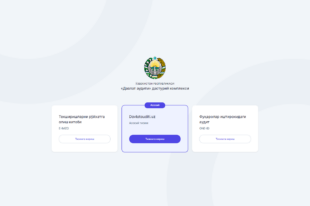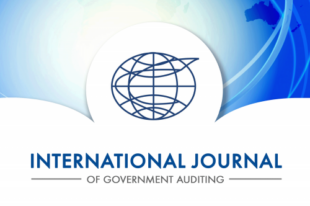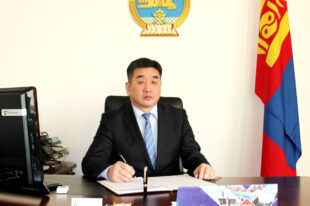SAI Roles in Achieving National Global Priorities and Goals
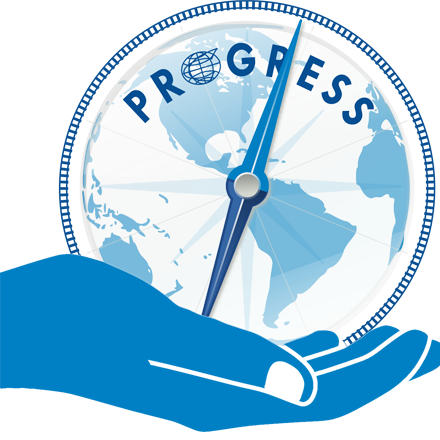
“The global environment is changing. There is a digitalization of all areas of activity. We must be one step ahead in approaches, in methodology, in organizational culture. We must adhere to standards, but also be innovative.”
Dmitry Zaitsev, Accounts Chamber of the Russian Federation.
In keeping with the International Organization of Supreme Audit Institutions (INTOSAI) mission to continuously improve government auditing and Supreme Audit Institution (SAI) capacity development, Theme II of the XXIII INTOSAI Congress (INCOSAI),”The Role of SAIs in Achieving National Priorities and Goals,” expanded upon previous INCOSAI discussions on necessary steps for SAIs to strategically evolve and remain relevant as institutions of great value to society.
Fundamental changes in public auditing and public policy worldwide, along with increased expectations, have created a new environment in which SAIs operate. Recent changes include the adoption of the United Nation’s 2030 Agenda and the Sustainable Development Goals (SDGs); the data revolution; the International Framework of Professional Pronouncements (IFPP) migration; and obligations arising from International Standards of Supreme Audit Institutions (ISSAI) 12, which focuses on the value and benefits of SAIs.
While many SAIs have managed to become (and remain) agile, effective, independent institutions, there is no common formula for success. Theme II provided a forum for SAIs to exchange experiences while adapting to public sector auditing developments, responding to stakeholder needs, and making progress towards achieving national priorities and goals. A panel of experts from the SAIs of Costa Rica, Finland, Italy, Russia, South Africa, USA, and the INTOSAI Development Initiative (IDI) took the stage to discuss how SAIs can strategically contribute to such efforts.
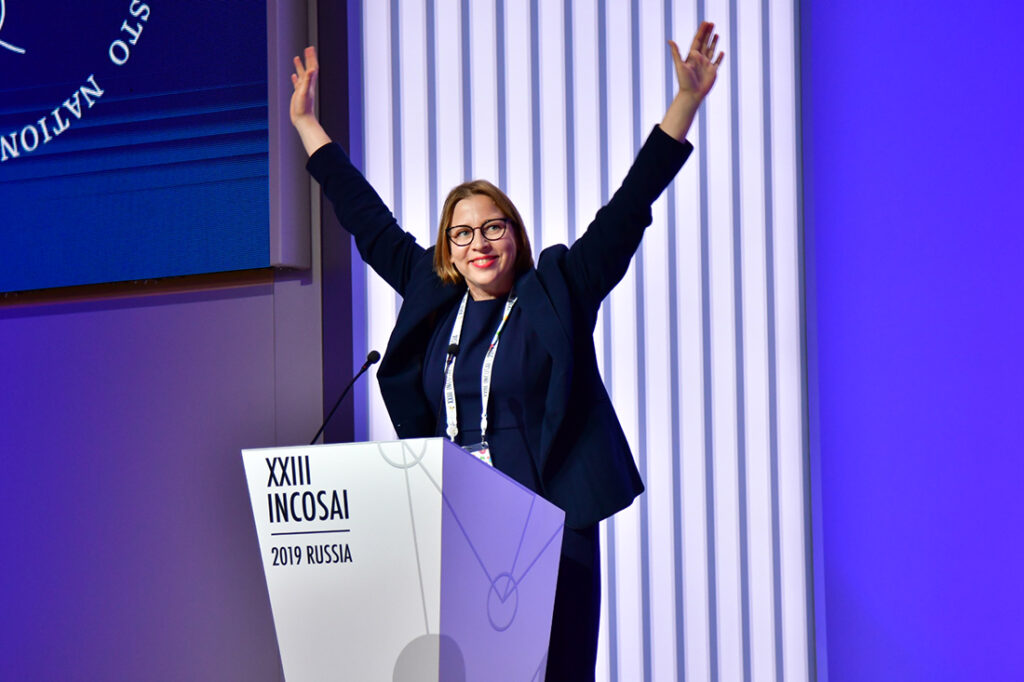
SAI Roles—Ongoing and Anticipated Changes
Public governance continues to become more complex. Stakeholders are increasingly seeking results-oriented accountability.
Underlining the significance of accountability, Kimi Makwetu, Auditor General of South Africa, noted, “Our ability to inspire and strengthen government accountability is the ultimate indicator of our success and impact as SAIs.”
The adoption of Agenda 2030 added a new dimension requiring SAI work to include SDG audits. When asked about the challenges for SAIs in auditing SDGs, INCOSAI participants identified three main issues: data access and quality; developing and using appropriate methodologies; and professional skills.
As governments are transforming to more effectively meet national and global goals, SAIs must similarly evolve. While the impact of SDG audits on SAI roles is not yet fully realized, shifting SAI activities from “accountability for process” to “accountability for performance,” is even more important for improving accountability and efficiency in public governance.
Public Auditing—A Strategic Approach, Direction, Challenges
An emerging role for SAIs is one as a strategic partner to government, particularly given the institutional knowledge SAIs can contribute to long-term national objectives.
While a strategic approach tends to focus on various elements of the policy cycle, SAI mandates, and the context in which the SAI operates, are additional factors to consider, including the ability to address overarching governance and strategic issues; evaluate public awareness, civic engagement and data openness; and assess audit inclusiveness.
Data availability has created additional demands on both governments and SAIs. Effectively employing public data contributes to greater transparency and accountability, and SAIs are uniquely positioned to contribute by ensuring the quality, reliability and accuracy of that data.
Auditing inclusiveness is a key point within the 2030 Agenda. “A person who gets excluded on one dimension, gets excluded on other dimensions,” highlighted Archana Shirsat, IDI Deputy Director General, in her presentation. The agenda’s principle to “leave no one behind” can be a driving force in conducting audit work by assessing inclusion while examining national preparedness and implementation mechanisms.
An estimated 70 SAIs are currently working together under the joint INTOSAI Knowledge Sharing Committee/IDI project on assessing national SDG implementation preparedness. This project will provide valuable information on common challenges, emerging good practices and the way forward.
Using Non-Audit Products to Enhance Audit Impact
An agile and strategic government creates a need for SAIs to reinforce the impact of public auditing, which can include non-audit products, such as position papers, best practice frameworks and documents that promote a better understanding of technical issues.
In an advisory role, a SAI can provide non-audit products to enhance good governance while maintaining the integrity, objectivity and independence so vital to SAI work. INCOSAI participants rated potential loss of independence as the most significant risk for a SAI providing advisory services.
SAIs have rich experience in providing recommendations on enhancing good governance, and INCOSAI delegates pointed to some strategies that could prove more effective in communicating such recommendations:
- Establishing good relationships and engaging in two-way communication that includes constructive and open dialogue with auditees and other stakeholders;
- Benchmarking at public sector and state-owned enterprise levels;
- Performing systematic follow-up of recommendations;
- Increasing the awareness of and educating stakeholders on SAI roles and responsibilities;
- Providing easy-to-understand, practical, visually-friendly reports and recommendations; and
- Enhancing communications with experts.
Enhancing Audit Quality Through Analytics
A capacity to manage, analyze and interpret performance and evaluation data is important for conducting audits, as are nurturing a culture of evaluation and foresight within SAIs and building necessary skills.
Data analysis, analytics, Artificial Intelligence (AI) and machine learning are innovations that make data valuable in promoting the efficiency, accountability, effectiveness and transparency of public administration. Developing problem-solving and data analytics skills that allow auditors to identify patterns within the sheer quantity of data available is crucial for SAIs.
“Auditors of the future”—staff within SAIs who can deal with the challenges of the future, including using data analytics, AI, and innovation, being knowledge exchangers and producers of foresight—can help SAIs integrate innovate approaches into audit work.
“The new normal means we need to learn new things every day,” emphasized Tytti Yli-Viikari, Auditor General of the National Audit Office of Finland, during her discussion on adopting an experimental mindset.
Reflecting on how INTOSAI can contribute to raising auditors of the future, Yli-Viikari noted that exchanging lessons learned, using platforms to exchange results of experimentations, and learning from our stakeholders are key steps to building the capacities of auditors and audit teams. Multidisciplinary teams can be useful, as they are able to provide a diversified look at a problem.
INCOSAI participants took part in a multifaceted dialogue featuring SAI experiences and uncovered new ways to increase the value and benefits SAIs contribute to global public policy changes. Today’s circumstances call for better audit quality and new audit approaches and require SAIs to prepare for emerging challenges and aptly respond to changes in national governance.
As Marta Acosta Zúñiga, Comptroller General of the Republic of Costa Rica, noted, “We have different abilities and capacities, but it is important for all of us to achieve national goals.”

